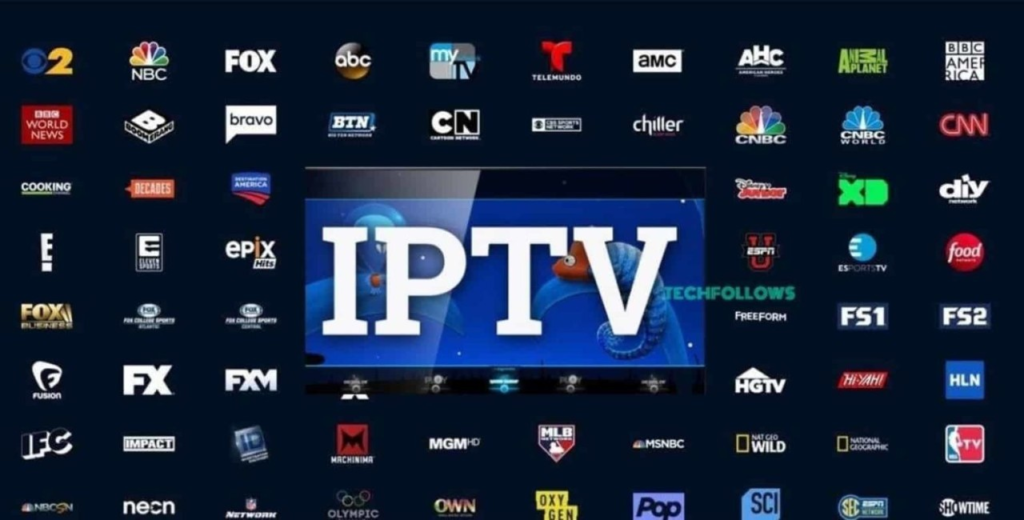In the ever-evolving landscape of entertainment, traditional cable and satellite TV subscriptions are gradually giving way to more flexible and customizable options. One such alternative that has been gaining momentum in recent years is IPTV (Internet Protocol Television) iptv subscription. Offering a wide array of channels, on-demand content, and interactive features, IPTV subscriptions are revolutionizing how people consume television content. In this article, we delve into the world of IPTV subscriptions, exploring what they are, how they work, their advantages, challenges, and the future prospects of this burgeoning industry.

What is IPTV?
IPTV, or Internet Protocol Television, is a technology that delivers television content over the internet rather than through traditional cable or satellite means. It enables users to stream live TV channels, on-demand videos, and other multimedia content through internet protocols. Unlike conventional broadcasting methods, IPTV operates on a two-way communication system, allowing users to interact with content and services in real-time.
How Does IPTV Work?
The functioning of IPTV relies on a network infrastructure that transmits video content over IP networks, such as the internet or local area networks (LANs). The content is encoded into IP packets and then streamed to users’ devices through a set-top box, smart TV, computer, or mobile device. Users can access IPTV services through subscription-based platforms or standalone applications, which provide a user-friendly interface for browsing channels, selecting content, and managing preferences.
Advantages of IPTV Subscriptions
Flexibility: IPTV subscriptions offer greater flexibility in terms of content selection and viewing options. Users can choose from a wide range of channels and on-demand content, tailoring their viewing experience to their preferences.
Multiscreen Viewing: With IPTV, users can watch their favorite shows on multiple devices simultaneously. Whether it’s a smart TV, smartphone, tablet, or computer, IPTV services enable seamless multiscreen viewing, allowing users to enjoy content anytime, anywhere. Interactive Features: IPTV platforms often include interactive features such as video-on-demand, catch-up TV, and interactive advertising. Users can pause, rewind, or fast-forward live TV, as well as access additional content related to their favorite shows and events.
Cost-Effectiveness: Compared to traditional cable or satellite TV subscriptions, IPTV services can be more cost-effective, offering competitive pricing plans and customizable packages. Users can choose the channels and services they want without paying for unnecessary extras. High-Quality Video: IPTV delivers high-quality video and audio streaming, provided that users have a stable internet connection. With advancements in streaming technology and compression algorithms, IPTV services can offer crisp, clear picture quality and immersive sound.
Challenges and Considerations
While IPTV subscriptions offer numerous benefits, there are also some challenges and considerations to be aware of: Internet Dependence: IPTV relies on a stable internet connection for uninterrupted streaming. Users with slow or unreliable internet connections may experience buffering, lagging, or poor video quality. Content Availability: The availability of channels and content may vary depending on the IPTV provider and licensing agreements. Some channels or programs may be restricted based on geographic location or subscription tier.
Legal Issues: The legality of IPTV services can be a gray area, especially when it comes to accessing copyrighted content through unauthorized sources. Users should be cautious and ensure they are subscribing to legitimate IPTV providers to avoid potential legal repercussions. Security Concerns: IPTV services are vulnerable to piracy, hacking, and unauthorized access, posing security risks to both providers and users. It’s essential to choose reputable IPTV providers that prioritize security measures and encryption protocols to safeguard user data and content.
Future Outlook
espite the challenges, the future outlook for IPTV subscriptions remains promising. With the proliferation of high-speed internet connectivity, advancements in streaming technology, and shifting consumer preferences towards on-demand content, the demand for IPTV services is expected to continue growing. Moreover, innovations such as cloud-based streaming, virtual reality integration, and personalized recommendations are poised to enhance the IPTV experience further, catering to the evolving needs of modern viewers.
